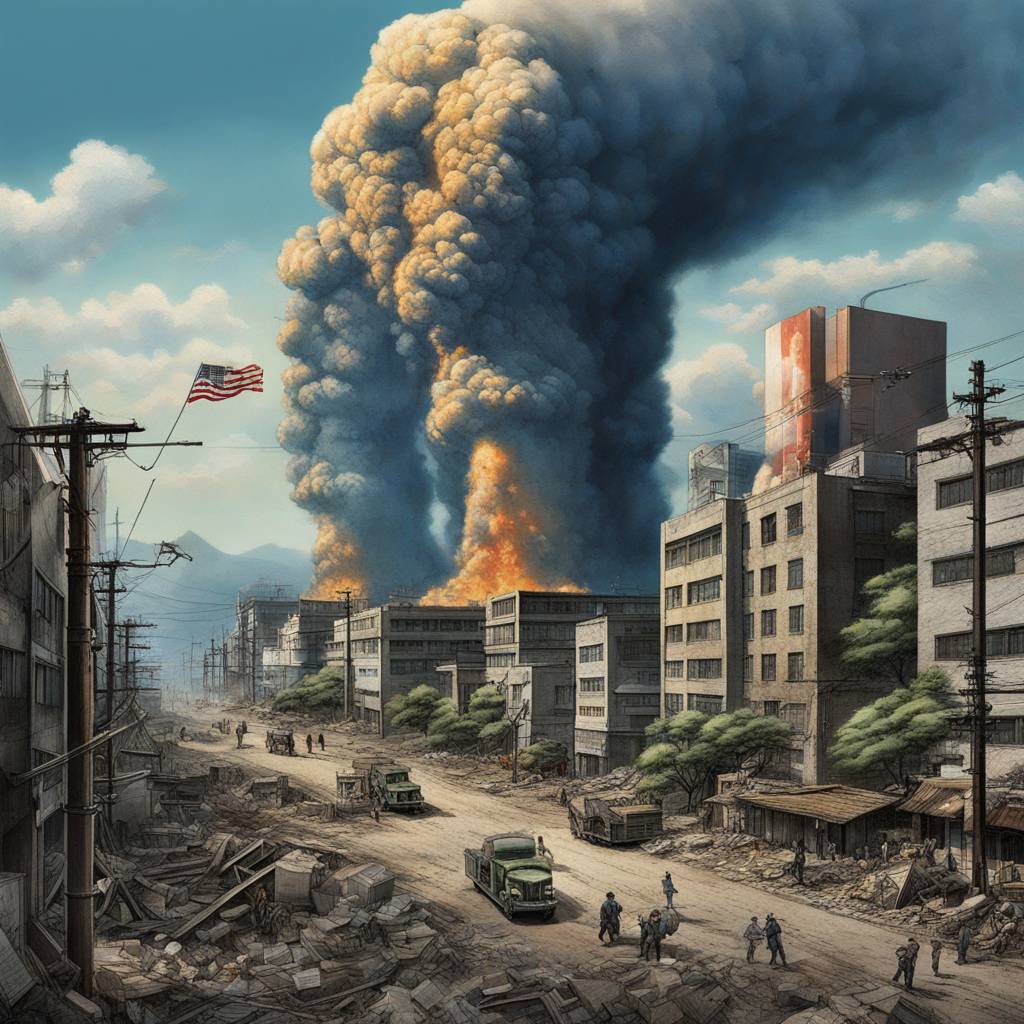“Oppenheimer,” the Oscar-winning biopic about the father of the atomic bomb, has opened in Japan, sparking mixed reactions among viewers. The film, which follows J. Robert Oppenheimer and his team before the U.S. struck Japan with the first nuclear bomb, has faced criticism for not fully addressing the perspective of atomic bomb victims in Hiroshima and Nagasaki. Some Japanese audiences were shocked by scenes showing scientists celebrating the explosion with American flags, prompting concerns about the portrayal of the devastating effects of the bomb.
In response to the controversy, some Japanese theaters are carrying trigger warnings for scenes that may evoke memories of the atomic bombings. However, there are also supporters of the film who believe it is important to engage with difficult historical events and encourage open discussion. While some critics have called for a more diverse narrative that includes the perspectives of Native Americans affected by nuclear testing, others have appreciated the film’s portrayal of Oppenheimer’s growing realization of the consequences of his work.
Viewers in Japan, including those whose families were impacted by the bombings, have recognized the film’s attempt to address Oppenheimer’s inner conflict and sense of remorse. This depiction marks a shift in American public sentiment towards a more ambivalent view of the atomic bombings, as opposed to the previous narrative that justified them as saving lives. As Japan contemplates its own stance on nuclear weapons amid global threats, the film serves as a catalyst for discussions around nuclear deterrence and policy in a changing geopolitical landscape.
For Japanese peace activists, “Oppenheimer” provides a platform to discuss the broader implications of nuclear weapons beyond the immediate aftermath of Hiroshima and Nagasaki. As technological advancements pose new challenges in the potential misuse of destructive technologies, the film serves as a cautionary tale about the responsibility of scientists and the need for international cooperation in preventing future catastrophes. Ultimately, the film’s release in Japan prompts reflection on the tragic legacy of the atomic bomb and the ongoing efforts towards nuclear disarmament and peace.








